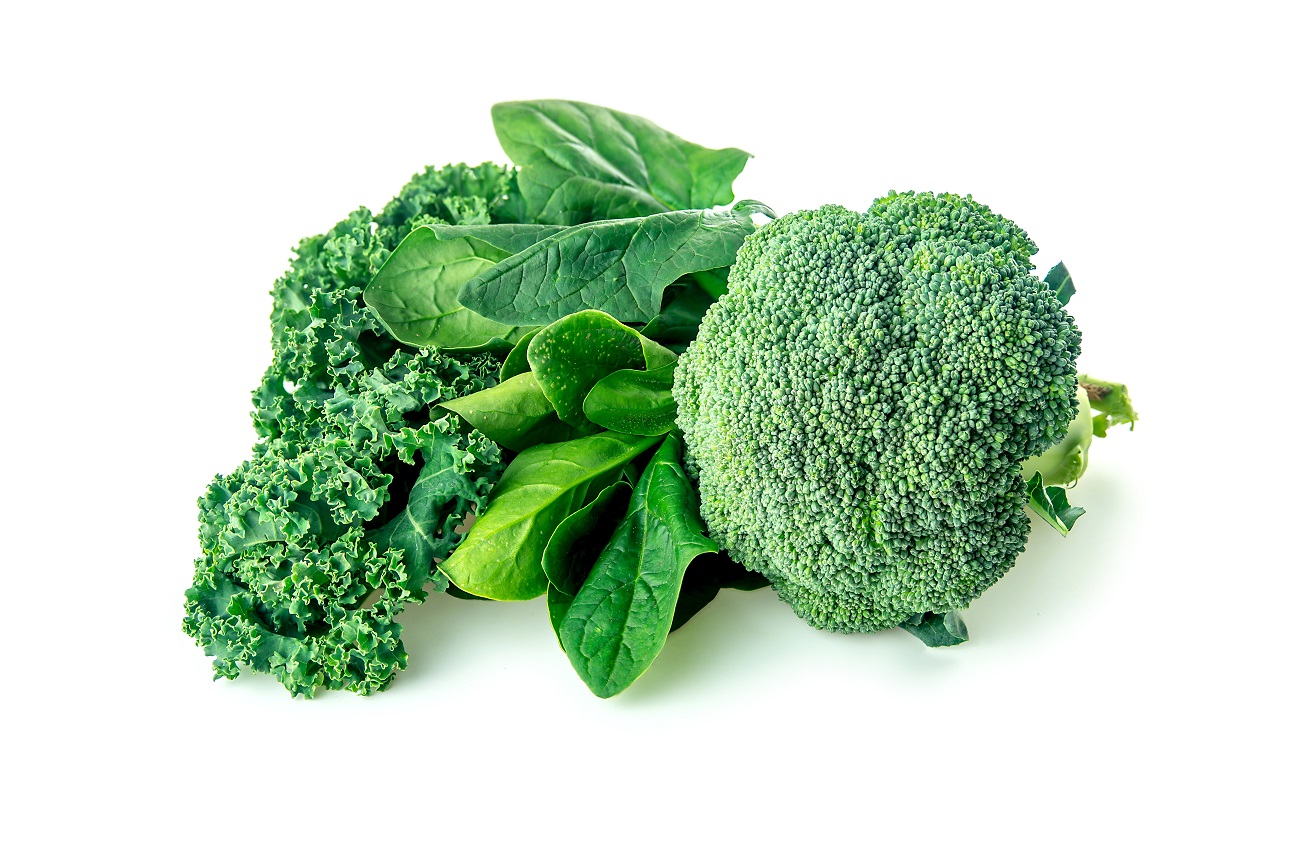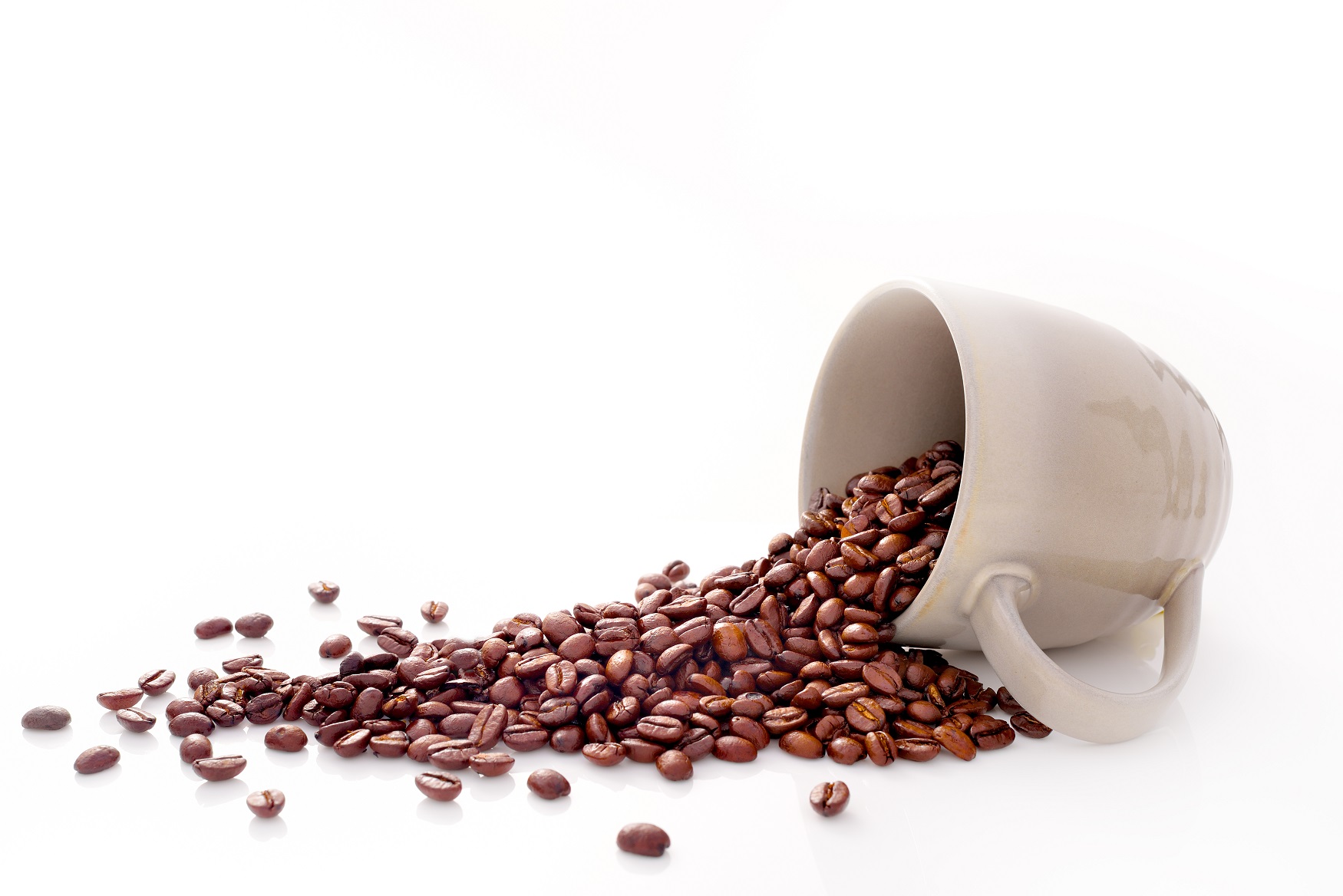Top 10 Ways to Give your New Year an Energy Boost
Are you feeling run down? The combination of holiday overindulgence and cold
weather can leave you feeling tired and “sluggish.” Kick-start your new year with
some natural energy boosters that will help you feel great and refreshed. The
types of food and amount you eat throughout the day can greatly influence your
energy levels; in fact, certain types of foods can boost your energy, while others
can leave you feeling fatigued. I strongly believe that eating healthy whole foods
and moving more is a great way to naturally boost energy. Read on to learn the
top 10 things you can incorporate into your day to give yourself a natural energy
boost and fuel your body this new year.
1. Fill Half Your Plate with Fruits and
Vegetables
 Filling half your plate with fruits and
Filling half your plate with fruits and
vegetables is a great way to fuel your body. Fruits and vegetables are full
of vitamins, minerals, and other
nutrients like fibre that keep our
bodies healthy and working at their
best. In addition, fruits and vegetables
are great sources of antioxidants,
which play an important role in
reducing stress and inflammation in
our bodies.
Tip: Aim to include at least one fruit or
vegetable with your meals and snacks each day.
Example lunch: Spinach Pomegranate Salad (see in recipes).
Example snack: Chocolate Smoothie (see in recipes).
2. Eat Healthy Fats Regularly
Our bodies need fat in our diet to absorb fat-soluble vitamins (e.g.
vitamin D) and to provide essential fatty acids (e.g. omega-3 and -6)
which play important roles in our health like reducing inflammation in
our bodies.
Including healthy fats in your diet regularly will provide your body with essential
nutrients and support overall health. In addition, including healthy fats in your
diet will help you feel satisfied postmeal, which can reduce overeating and
weight gain.
Healthy fats include fatty fish (e.g. salmon, mackerel, tuna, sardines, etc.),
avocado, vegetable oils, and nuts and seeds (e.g. almonds, walnuts, sunflower
seeds, hemp seeds, chia seeds, etc.).
3. Get More Iron from Plant-Based Sources
Iron plays an important role in our energy levels, as it helps produce hemoglobin,
which carries oxygen to different parts of our bodies. Sometimes, fatigue can be
related to iron deficiency. If you are feeling extremely fatigued, check in with your
health-care provider.
Whether you are deficient or not, including plant-based sources of iron in your
diet regularly is a great way to ensure you are getting enough and making healthy
food choices.
Iron is found in dark leafy greens like spinach and kale, legumes (e.g. kidney
beans,chickpeas, lentils, etc.), potatoes, beets, iron-fortified grains (e.g. cereals,
oatmeal, etc.), and soy foods like edamame beans.
4. Load Up on Fibre
Fibre plays many important roles in our body including promoting bowel
regularity, supporting heart health, and controlling blood sugars.
Including fibre in your diet regularly will help support your overall health,
keep you satisfied postmeals, and promote good energy.
Sources of fibre include beans and legumes, whole grains (e.g. oats,
breads, brown rice, etc.), fruits and vegetables, and nuts and seeds.
5. Move More
Any form of physical activity can be a big energy and mood booster. Being
active gets the blood flowing and ultimately betters your heart health. The
increase in blood flow will provide more oxygen to our bodies’ cells, allowing
for an increase in energy. In addition, it releases natural feel-good chemicals
in our brain that help improve mood and reduce risk of anxiety and depression.
Bottom line: Next time you are feeling a little tired, engage in some low- to
moderate-intensity exercise to give yourself a boost without overworking.
Tip: Low- to moderate-intensity exercise will look different for each person,
but sometimes all you require is 10 to 20 minutes of a moderate exercise
(e.g. walking, yoga, light weights, etc.) to give you the boost you need.
6. Drink Plenty of Water
Dehydration can leave you feeling extremely tired, even if you are only slightly
dehydrated. If you notice yourself getting tired part way through the day, check
in on how much water you’ve been drinking.
Aiming for eight cups a day isn’t ideal for everyone, but find what works for you.
You know you are dehydrated if your urine is a darker colour and you feel thirsty.
Tips:
- Take “walk” breaks at work to fill up your water bottle.
- Drink ½ cup of water before you eat anything to ensure proper digestion and
hydration.
7. Save Your Caffeine for Midday
 Although caffeine is often used first
Although caffeine is often used first
thing in the morning to help wake you
up, this can often lead to a quick
crash. Research suggests you would
get the biggest “bang for your buck” if
you had your coffee in the late
morning or early afternoon. By that
point in the day, you are starting to
unwind and slow down, and therefore could likely benefit from a little energy boost.
Bottom line: If you drink coffee, do it when it works for you. However, a late-morning or early-afternoon coffee gives you the best energy boost. Ideally, you should keep coffee to 2–4 cups per day as a maximum.
8. Soak Up the Sun (and Vitamin D)
 The winter months can naturally have
The winter months can naturally have
you feeling less energized. Make a
point to soak up the sun for at least
10–20 minutes each day. The natural
light and dose of vitamin D can boost
your energy levels and help you beat
the winter “blah” feeling.
How to get out during the winter?
- Park further away, so you are forced to walk to and from your car.
- Take a short walk on your lunch.
- Engage in winter activities on your free time (e.g. skating, skiing, snow-tubing, winter
hiking, etc.).
9. Reduce Screen Time Before Bed
Getting a good night’s sleep plays a critical role in your energy levels, as it
directly influences both your physical and mental health. Poor sleep can
lead to decreased energy and productivity, weight gain, and bad mood.
Research suggests that melatonin (a naturally occurring hormone) is
controlled by light exposure and helps regulate our sleep cycle. Screens
emit a blue light that can be very disruptive to our sleep cycle, so current
recommendations include eliminating screens for 1–2 hours before bed.
What can you do instead? If two hours seems like too much, start small.
Perhaps eliminate screens for 30–60 minutes before bed. During this time,
try reading, listening to a podcast or music, colouring, doing crosswords,
etc.
10. Limit Sugars
 Keeping your blood sugar levels in
Keeping your blood sugar levels in
control is a key aspect of regulating
energy. When you eat high-sugar
foods, you get a spike in your blood
sugar and an initial burst in energy. However, that quickly crashes, and
the spike-and-crash cycle is what
creates more fatigue.
Bottom line: Eat more whole grains
and foods high in fibre like fruits and
vegetables, while limiting your sugar intake. This will help stabilize your blood sugar levels by providing a slow release of energy throughout the day, rather than a spike and crash.
If you are looking to boost your energy over the winter, try implementing a few or
all of these strategies, and enjoy feeling refreshed!
 Angela Wallace
Angela Wallace
A registered dietician with the College of Dietitians
of Ontario, personal trainer and family food expert
who specializes in women and child nutrition and
fitness, she loves helping families get healthy
together.

 Stores
Stores